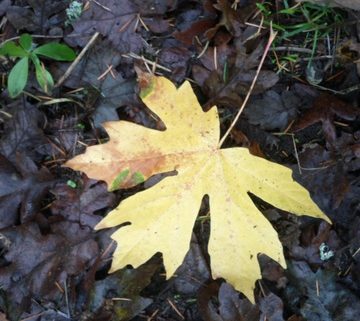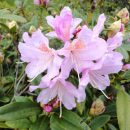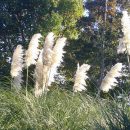Experience with Harshad Parekh
For three afternoons, May 25-27 th Harshad Parekh, a humble Indian man, quietly sat with a small group of 6-8 people, all of whom had attended the weekend retreat/ seminar, at the Swanwick center, with Dr Krishna. Whilst the weekend had been a series of expositions on the nature and implications of Krishnamurti’s teachings these seminars with Harshad were characterized by little, if any, teaching of ‘something.’ Rather Harshad repeats a simple message, largely through consistent personal example, of ” being nothing and going nowhere.” ( This phrase is borrowed from my memory and attributed to the title of a book by Joko Beck, a now deceased Zen Roshi.) Thus, as group members asked questions or inevitably proffered their own opinions, Harshad just listened. Actually, he listened intently such that folk found it remarkabe that they felt ‘heard,’ and ‘seen.’ This man looks at people in the same way that he looks at a flower, a tree, a bird, that is with choiceless awareness. He himself calls this ‘looking,’ or the pure act of observation, without a watcher or a commentator. It seemed to me that it was equally a listening, simultaneously inwardly and outwardly. Whatever the contributory sensory actions taking place, this is an act of relatively pure perception without the intrusion of a thinker. In this way Harshad indicated that truth becomes apparent, obvious, without question. Whatever is false similarly reveals itself. As well as simply being with us and our questions Harshad also selected various readings from K. These reiterated in different terms the idea of freedom being found only in the act of direct perception.(Personally I prefer Toni Packer’s term ‘ beholding,’ as there are times when perception is influenced by thought.) In K circles we hear a great deal of reference to self inquiry and self knowledge. I have always seen this as problematic in practise, as there is inevitably a thinker implied, or automatically invoked, who is watching and inquiring, out of thought. Not unlike the joint activity of the process of psychotherapy, ie looking together at a personal problem with the aim, subtle or not so subtle, of solving it. Harshad’s life has been devoted to looking at this issue and learning to get ‘I’ out of it. For him, observation goes on as a participatory flow with life events without a personal observer, let alone commentator. Over and over he repeated, “Out of silence just look at what is.” From this looking the outcome emerges by itself. It is an outcome with complete integrity and in fact has the power to possibly change brain functioning. It was this radical message that K spent his life time offering. Not partial and psychological solutions to suffering, arrived at through thinking, but complete transformation which arises out of participatory intelligence. This is wholistic or “holy.” The group were reminded of what K had said, through the showing of some selected videos, to make clear the foundation from which Harshad’s way of being and living have arisen. He himself has made a careful life long study of what K said, as well as maintaining ongoing correspondence with him until his death. He indicated that the best way for us to study the K teachings is to contemplate small sections of writing and live with these until they penetrate without effort. He also suggested that these teachings are best absorbed in silence, likely the necessary accompaniment for real contemplation. I felt extraordinarily privileged to have sat in a beautiful garden, bathed in sunshine, bird song and the perfume of roses, with this authentic man. As well, for being with a small, yet committed group of people who are seriously listening and grateful for some insight, which is readily available through this direct and experiential approach. Clarity, peace and ease are the normal states that Harshad claims as his fundamental way of living and being in the world . To be of it, participatory but not demanding or possessing, seems extraordinary in this day and age. My observation was that at the end of these few days those who attended felt those qualities more deeply. As such, learning had taken place and it was learning without effort.



